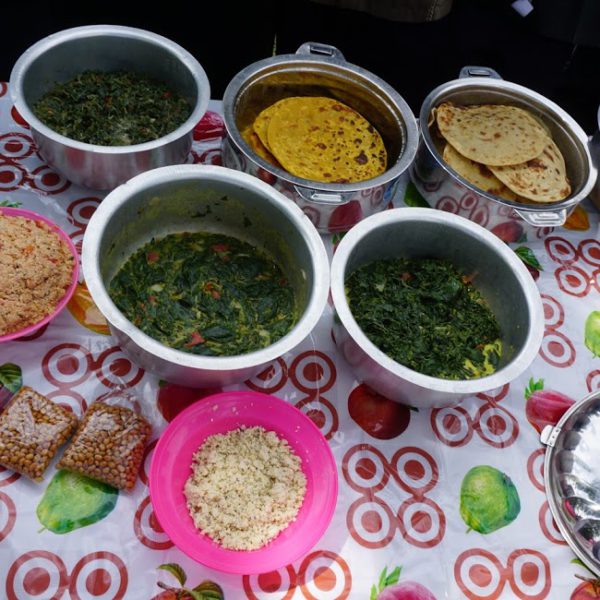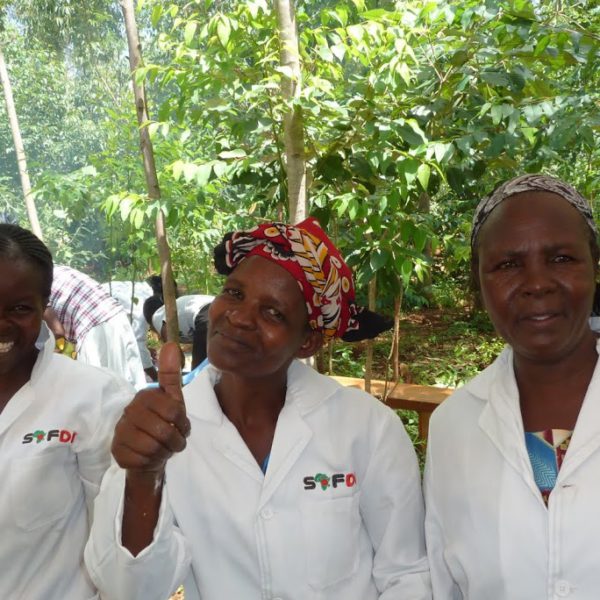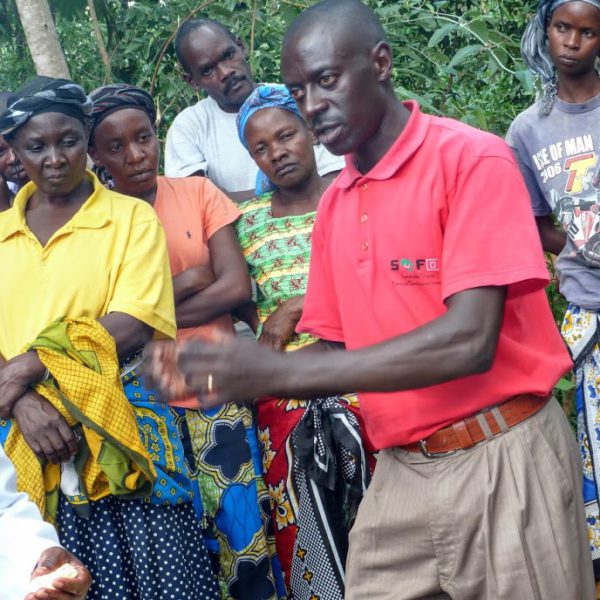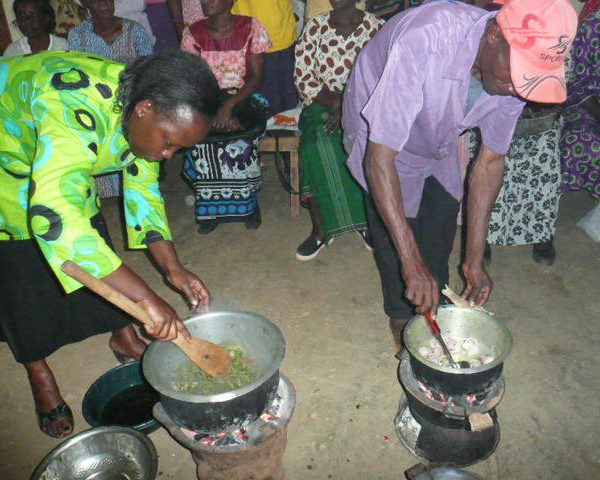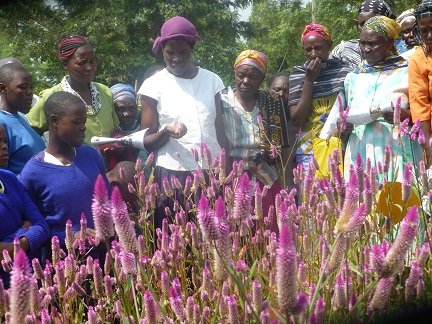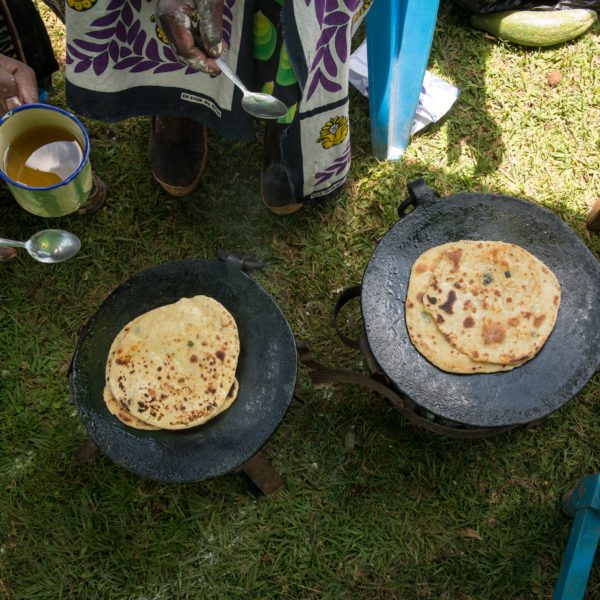CHALLENGE
Limited access to sufficiently nutritious crops combined with the lack of knowledge about good nutrition and proper food preparation and storage contributes to the high prevalence of malnourishment in sub-Saharan Africa.
OUR APPROACH
We have made it our mandate to educate farmers, young mothers and schoolchildren on the importance of nutrition for good health. In our teachings we cover all of the basics, like vitamin and micronutrient deficiency and the consequences it can have for their own and their family’s wellbeing. Our nutritionists teach them the theory and teams of trained volunteers carry out Food Fairs for practical learning. This includes demonstrations on how to prepare delicious and healthy recipes from the crops which have been encouraged and supported by us to produce on their own farms.
The intention of the cooking sessions is to equip farmers with the knowledge and food preparation skills to minimize nutrient loss during cooking and to modify their detrimental eating habits, which are often based on only a few crops – rather than a balanced diet.
From anecdotal evidence available, the Food Fairs have contributed significantly to increased consumption of highly nutritious foods that had previously been neglected by most households.
Special sessions adapted for pregnant and lactating mothers are also carried out as a strategy for improving infant and young child feeding once complementary feeding is introduced.
School children are also targeted given their potential to easily learn, practice and influence good nutrition behavior at home.
We also train school educators to ensure the sustainability of our school-based nutrition programs.
We have implemented a special supplementation program to an existing governmental maize-based porridge feeding program (see Early Childhood Development, ECD, Intervention)

